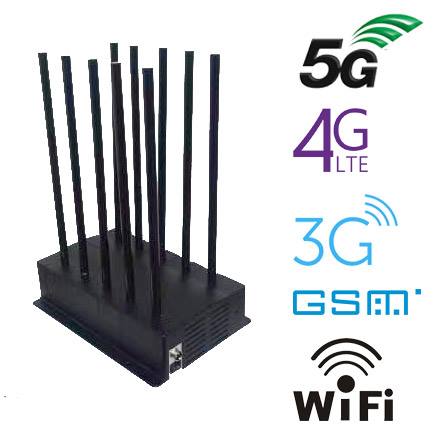Véronique Gigon told swissinfo: "With the methods available today, it is almost impossible to prevent cell phones from entering prisons." The parts that make up cell phones are getting smaller and smaller and they no longer contain items that can be detected by metal detectors. So he can pass the inspection.
They are often introduced into the body, and even if there is reasonable suspicion, the body can only be searched by a doctor. Faced with this problem, the director asked Ofcom to authorize the introduction of jammers into the GMS network.
In Europe, France, UK and Luxembourg are countries that currently have jammers in prisons. Véronique Gigon said: "We carried out tests in three prisons." "The trial phase ended at the end of July. We will review the results with representatives of prisons and mobile phone operators. This is to determine and verify the effectiveness of the interference in the prison The problem of external influences.

Even if frequency wifi jammer has been used abroad, their effectiveness should be evaluated according to specific circumstances. "We have seen many technical problems related to the type of disruptor, but also related to the type of prison. It is difficult to apply the same solution to old and concrete buildings, to urban and rural prisons."
However, the disruptor seems to be the only way to go. Véronique Gigon concluded: "We also considered other solutions, but it turns out that these solutions are difficult to put into practice or ineffective."
The system that detects the phone when it sends a signal cannot prevent the prisoner from communicating with the outside world. "Before the guard found the cell where the signal was coming from, he lost the phone, threw it out the window and put it in the body."
